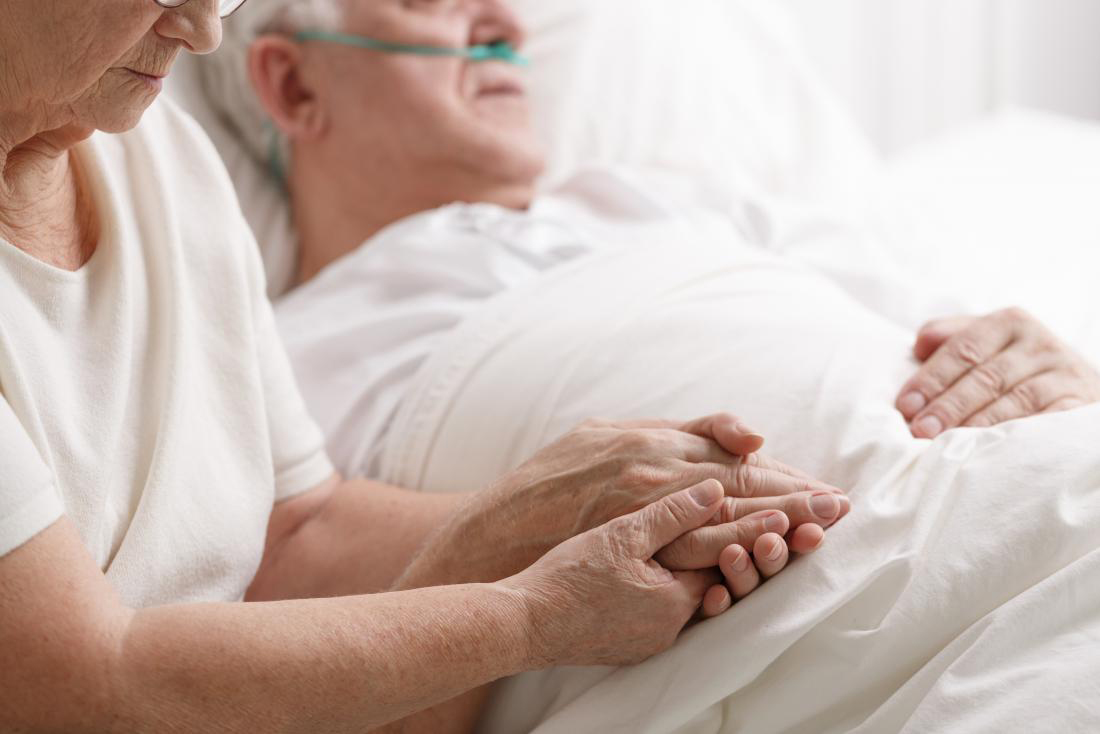Death of a loved one is never easy.
While each person’s journey to death is unique, it is the ultimate destiny. Some people may fade away quickly while others experience a gradual decline. There is no way you can be fully prepared for the death of your loved ones. However, knowing a few signs that indicate that someone is close to their death and understanding what to expect will make things easier for you.
Today we will explore different signs that indicate that death is approaching. It can give you time to make the right decisions for comfort and relief.
- Sleeping More
A few months before the end of life, the patient may begin to sleep more and spend less time staying awake. This is because the body’s metabolism is becoming weaker and thus causes a lack of wakefulness.
If your loved ones are sleeping more, make sure they are comfortable and let them sleep. When your loved ones are active, you should encourage them to get out of the bed to avoid bed sores.
- Reduced Appetite
As the body activities decrease, energy needs decline. Your loved ones may avoid foods that are hard to chew or digest. Moreover, they may simply start declining meals. While this can be an emotionally upsetting time for the family, towards the end of life excessive eating can do more harm than good.
Give your loved ones the freedom to eat when they are hungry. Offer them foods that are easy to digest. Also, remember to never rush your loved ones to finish their meals. Rather give them enough time to eat at their own pace.
- Becoming Less Social
People who are dying slowly often choose to withdraw from activities and people they love. There is a natural desire to protect their final days or hours. Moreover, as they have reduced energy levels, they may not enjoy spending time with people.
Withdrawal from people they love doesn’t mean that you are not important to them anymore. Instead of feeling defensive or offended, make your loved one comfortable. Give them the space they need.
- Increased Physical Pain
As a person near his death, the pain levels may increase. Moreover, it is not uncommon for aging adults to show visible signs of pain. These signs can include scowling, grimacing, groaning or wincing.
While most pains can be treated with medications, dying people may not be able to swallow a tablet. This is when you need to speak to your doctor to find an alternative method to administer the medication.
- Labored Breathing
This is a warning sign as towards the end of life, most people experience changes in their breathing. They may experience a long stretch of time between breaths or sudden grasps of air. This is the body’s way of signaling the heart and the lungs that it needs more oxygen. Near the very end, the patient may experience excessive secretions that can create a loud gurgling noise. Some people call it death rattle.
It is important to understand that it is a natural part of the dying process and the patient is unaware of the bodily changes.
Find Support
Losing a loved one can be emotionally and mentally draining. Grief is different for every person. Find support among people that feel comfortable and welcoming. This can be your friends, family or you can even seek professional help.

